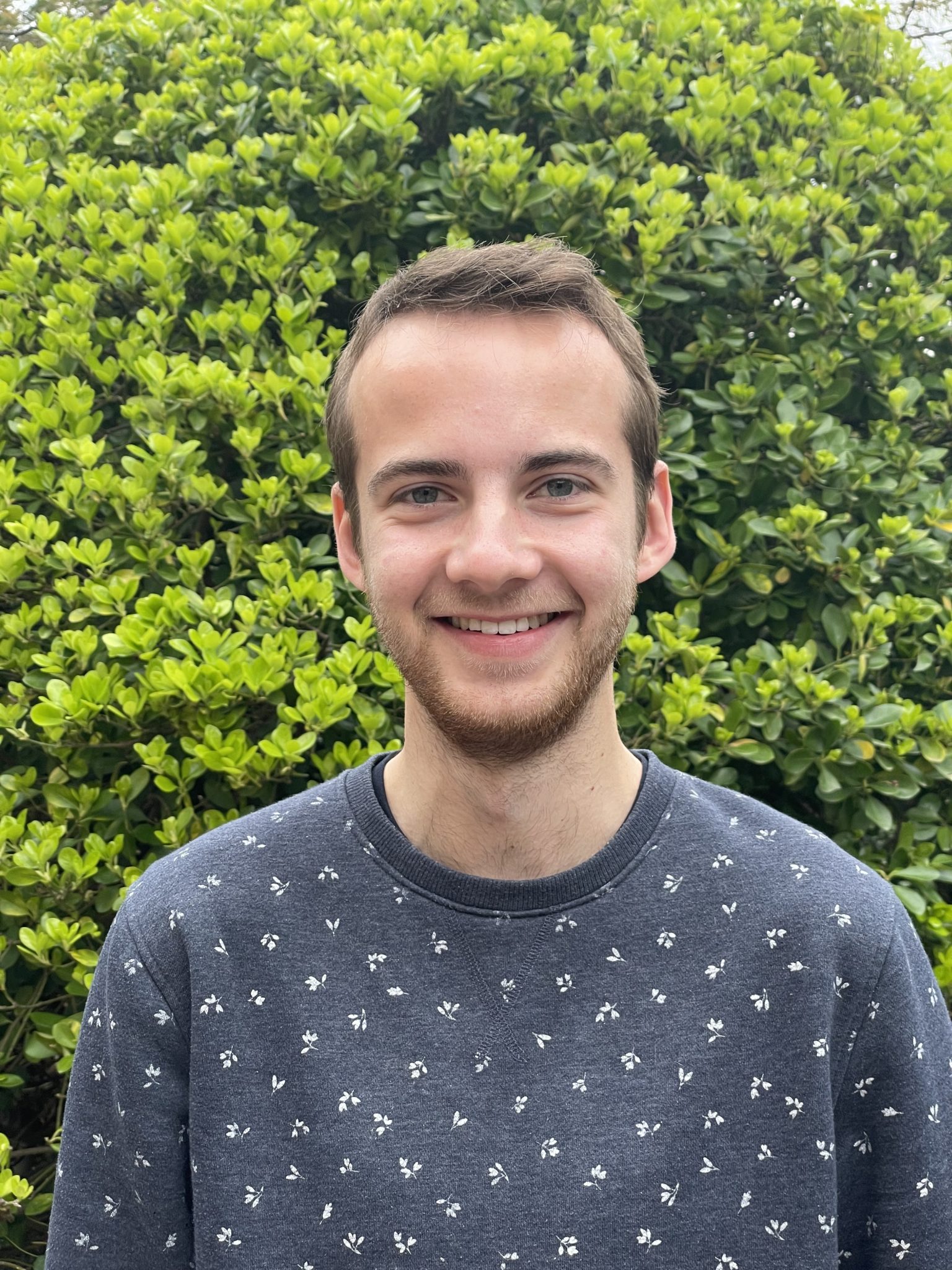ESR project 11
Manual joint-actions: informational basis of upper-limb coordination modes and benefits for mild arm paresis
Host Institution: Aix-Marseille University
Department that hosts the PhD: Institute for Movement Sciences
Supervisors involved: Prof. dr. Bootsma, Dr. Casanova, Dr. Passos
Project description
This project’s goal is to specify how learning to perform a manual joint-action task can be understood as learning to coordinate one’s upper-limb actions with those of others on the basis of task-level information available to all participants and to translate this into a novel, joint action-based rehabilitation method for improving dexterity in people with mild arm paresis (MAP) after stroke.
In the project task two or more people jointly hold a large circular platform and manipulate its orientation, so as to roll a marble over the platform to a goal. Because marble motion is fully determined by (changes in) platform orientation, it constitutes useful task-level information for all individual participants with respect to required platform (re)orientation. Learning to perform the task together therefore implies learning to collaborate, that is, to set up an information-driven mode of coordination of individual upper-limb actions.
Characterizing between-participant coordination modes and understanding their informational bases will be achieved (i) by comparisons of learning-induced changes in behaviour on the task performed in 2- or 3-person configurations with those of individuals performing the task alone and (ii) by manipulation of the visual and haptic information available using a virtual-reality variation of the task, where participants jointly manipulate either a real or virtual platform, visually represented on head-mounted displays. Experiments with healthy participants (including experimental confederates) are complemented with experiments combining healthy and MAP participants to explore the potential benefits on dexterity of training on a joint-action task, where performance on the task depends not only on their own actions but also on those of other participants.

About ESR11-marijn Hafkamp
I was born and raised in the Netherlands and currently I am located in Marseille, in the south of France. I studied Human Movement Sciences (HMS) in Groningen. The field of HMS investigates movement behaviour in the context of rehabilitatation, sport performance or healthy ageing. During my studies, I specialized in the complex topic of movement coordination, which I will contunue during my PhD. I chose to participate in REPAIRS because I like fundamental research and I am eager to learn from an international network of scientists.
I spend most of my free time with friends: going to festivals, doing sports or simply having a beer under the summer sun. My favorite sport is running, but I also like racket sports such as badminton and tennis.